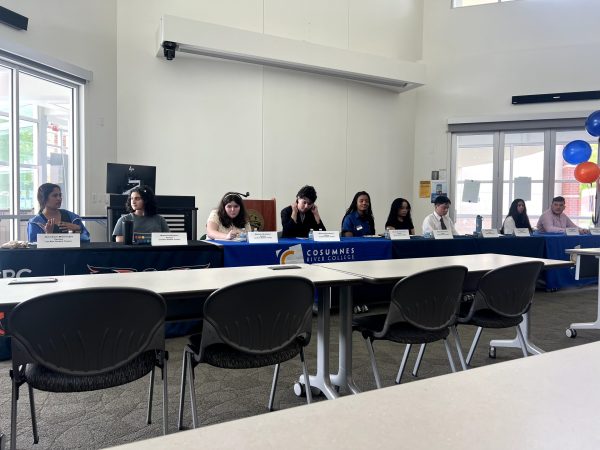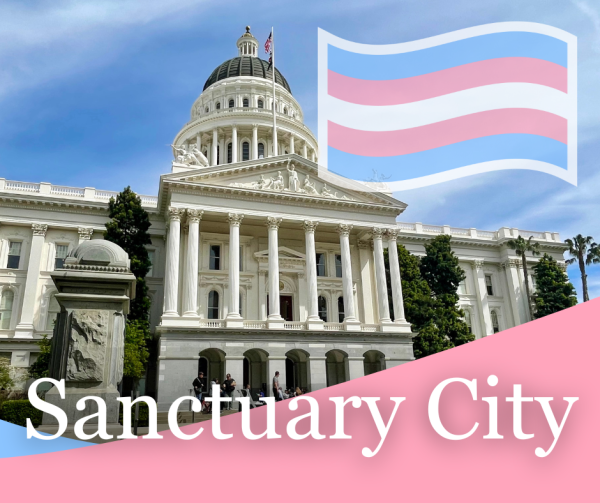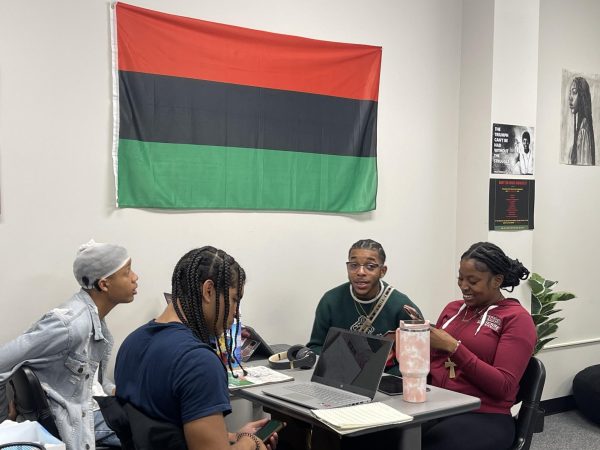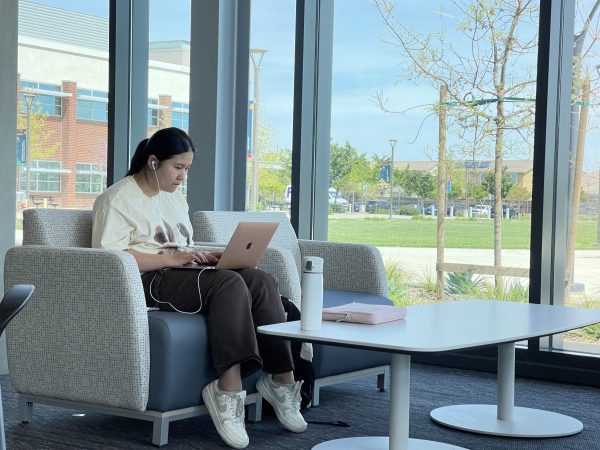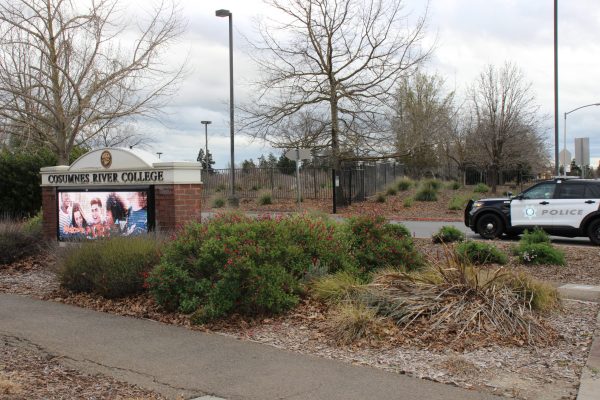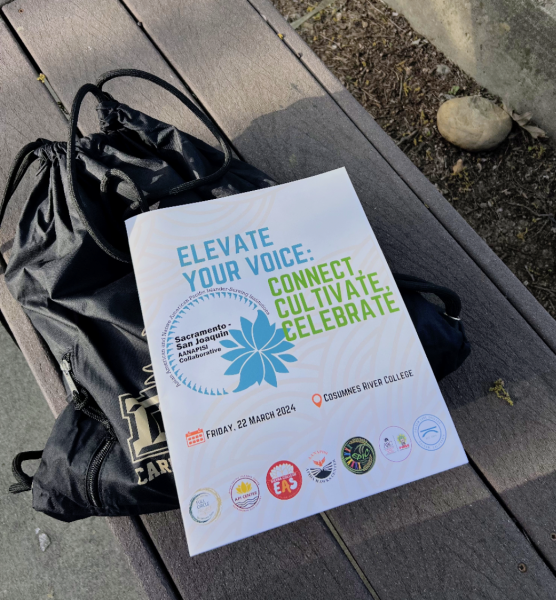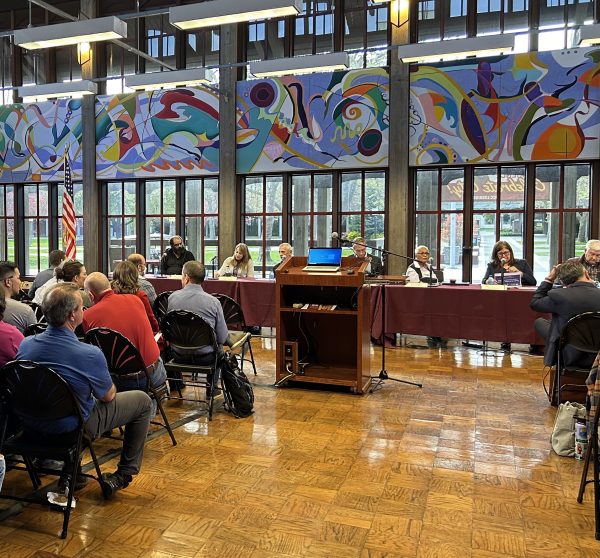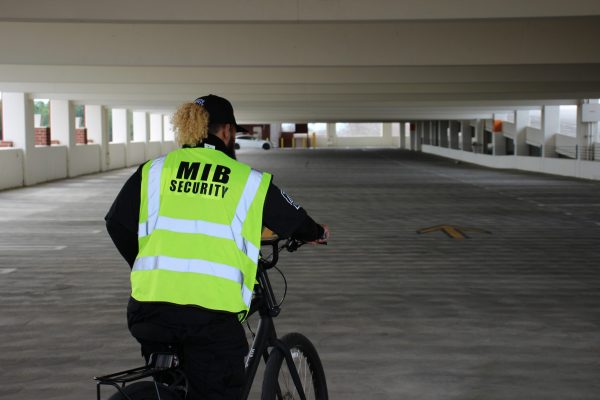Panel discussion kicks off Women’s History Month
The Women’s History Month Committee held a panel about current women’s issues in the Recital Hall on Thursday.
Panelists spoke to approximately 70 people about the visibility of black women in politics, the exploitation of South Korean women in the entertainment industry, immigrant women and the state of women from a global and anthropological perspective.
“The oppression of women does not define who we are,” said Priscilla LoForte, the assistant anthropology professor at Cosumnes River College.
Humanities and Social Science Dean LaTonya Williams defined identity and representation in politics during her lecture and described what those meant for black women.
Williams said that black women are often excluded from social-related conversations.
“As a national dialogue, identity as a black woman is clipped,” Williams said.
To promote the visibility of black women, Williams said that students should be “attentive” to women who are underrepresented and support organizations led by women of color.
Maria Roman, an international relations major, gave a brief history of the Korean Wave before her lecture, describing it as a movement from South Korea that has “benefited from globalization by taking in American culture.”
Roman proceeded to explain how the entertainment industry exploits Korean women, stating how entertainment companies employ Korean girls who are underage.
While Roman said there is an emerging movement in South Korea that addresses this problem, she said she hoped the country will try to mend their foundation.
Brenna Murray, an English and sociology major, described her experience with being harassed during her lecture to introduce the #MeToo movement.
Murray said that women are four times more likely to be raped in college than any time in her life.
She later said that healthcare for students will increase by 16 percent after college if they’re raped, and further explained that this is because rape is considered a “pre-existing medical condition.”
“Rape is the most expensive crime,” Murray said.
Humanities Professor Kate McEachen briefly talked about women immigrants during her lecture.
“Women immigrants are less likely to have health and medical insurance and careers that align with their interests,” McEachen said.
McEachen said that these barriers result in the failure to recognize immigrants, and later said that recognizing everyone as Americans is “the first step to removing systematic barriers” for women immigrants.
LoForte briefly talked about the state of women from a global and anthropological perspective during her lecture.
“We see that the oppression of women is inevitable,” LoForte said.
Williams said that events like this offer students the opportunity to have a campus-wide discussion that they don’t get to have in the academic year.
Students who attended the event said that the panel was “empowering.”
“I found myself crying at some point,” said Melissa Rice, a 46-year-old human services major.
Jennifer Berg, a 25-year-old photography major, said the event was informative.
“I was able to learn about things I normally don’t know,” Berg said.
Kazoua Lor, a 21-year-old nursing major, said that we should not judge people based on their gender or race.
“Women need to be recognized for being brave,” Lor said.


